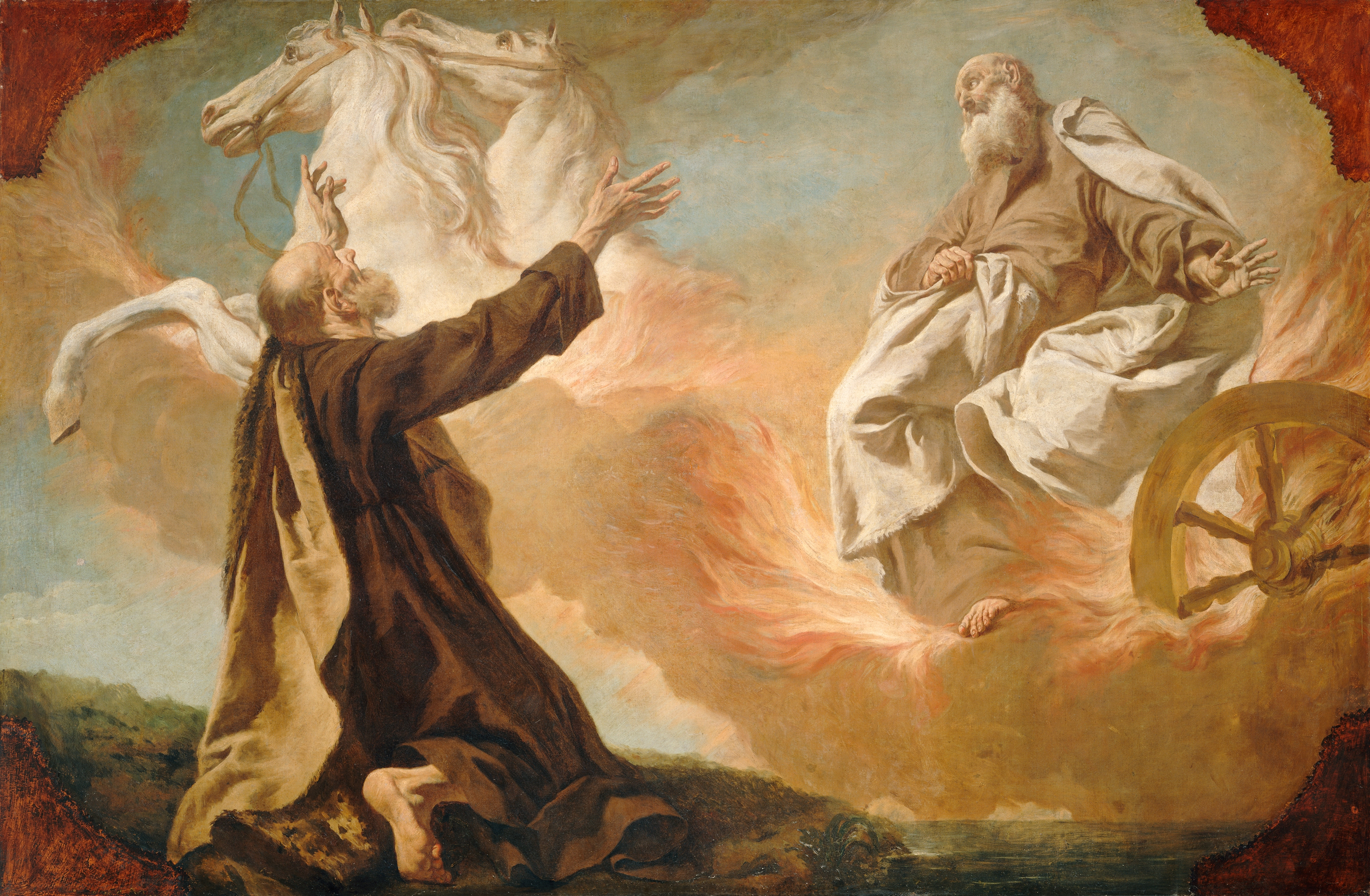1) Privately–Luke
11:1, Matt. 6:5-8, 14:23; Mark 1:35; Luke 9:18 “As He was praying” / “Go
into your closet”
Jesus
prayed like, as they say, “no one was watching.” A century ago, these were called
“secret devotions”. Now we say “Quiet Times” or devotionals with the Lord
alone, preferably early in the morning.
2) Personally–Luke
11:2-4, Mark 14:36 “Our Father” (only
59 words in the Lord’s prayer) / “Abba,
Father”
There
is an intimacy that Jesus prayed with God and that He encouraged us to pray
intimately as well.
3) Persistently–Luke
11:5-8, 18:1-8; Matt. 7:7-11; 15:21-28; 26:41-44 “because of his persistence”
Our Lord instructed us to pray with
diligence and persistence.
4) Purposefully–Matt.
6:7-8; Mark 11:34 “vain repetitions” / “whatever things you ask when
you pray,”
In our persistence, it
is also with purpose. Repetitions is not what Jesus spoke against but mindless,
purposeless rote prayers.
5) Powerfully–Luke
11:9-10; Matt. 21:21-22, John 5:4-7; 14:13-14, 16:23 “Ask, and it will be given”
We should not think that there are some
things too big to pray for. Ask for God-sized answers.
6) Positively–Luke
11:11-13, 7:1, 8:48; Matt. 8:5-13 “How
much more will your Father give to those who ask”
We pray believing that we have already
received. “Therefore I say to you, whatever things you ask when you pray,
believe that you receive them, and you will have them.” Mark 11:24
7) Penitently–Matt.
6:17-18, 17:21 “When you fast”
We
should pray humbly, penitently and with contrition, as shown in fasting. Notice
Jesus did not say, “If” but rather “When”.
8) Purely–Matt.
6:5, 21:13; 23:14; Luke 6:28 “Do not be
like the hypocrites”
We discussed this last
week with the eight woes Jesus listed in Matthew 23. God wants us to worship
and to pray with sincere hearts.
9) Publicly–John
11:41-42; 6:11 “Jesus…said, ‘Father…
because of the people who are standing by, I said this.’”
There are times for
private prayer and times for public prayer. Public prayers are actually
encouraging for others and shown not only by Jesus but also numerous times in
the Old Testament.
10)
Passionately–Luke 10:21; Heb. 5:7 “Jesus rejoiced in the Spirit” / “with vehement
cries and tears”
Jesus prayed with weeping,
laughter and with loud cries. Prayer time with Jesus was surely moving and
emotional.
11) Periodically–Mark 1:32-35; 6:46;
Luke 6:12-16; Matt. 26:36-46
Jesus
prayed before and
after major periods of His life, such as before His selection of the 12 disciples,
in times of great sorrow, such as the loss of John the Baptist, and of course
most famously before His crucifixion in Gethsemane).
12) As a Pattern for us to follow–Luke
11:1-2 shows that because of the pattern in which Jesus prayed, His disciples asked
Him, “Lord, teach us to pray.” I can imagine that this request was made by John
or Andrew, both of whom were disciples of the Baptizer. The Lord’s prayer,
found also in Matthew 6:9-13, is truly a model prayer and His pattern of prayer
is one which we should follow.














